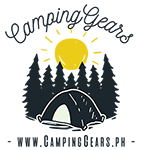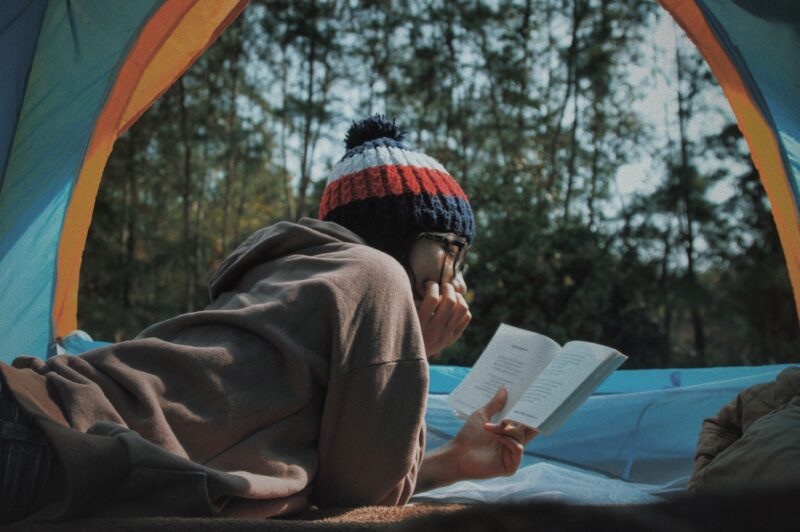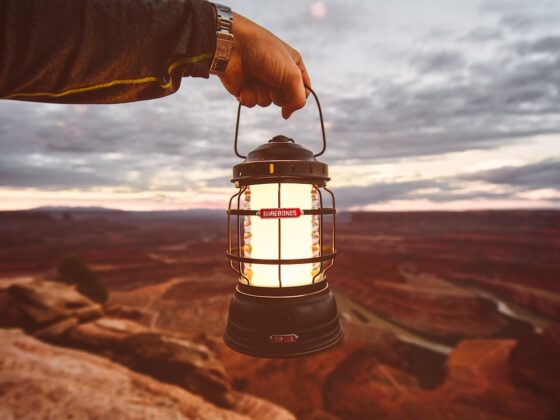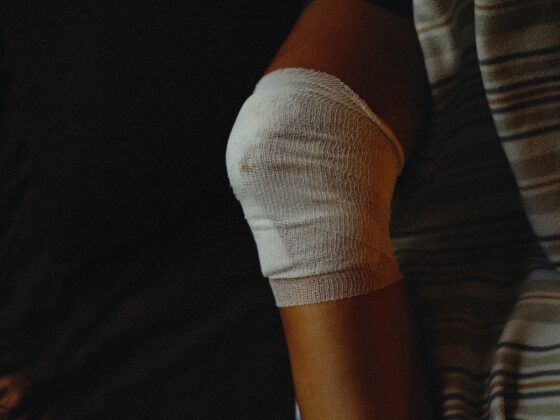Camping is an exciting and adventurous activity that most people enjoy. However, camping alone can be an even more liberating experience. It allows you to disconnect from the world and immerse yourself in nature. But before you set out on your solo camping adventure, you must ensure you have the right gear to keep you safe, comfortable, and entertained.
This article will explore the best gear for solo camping, whether you are a seasoned camper or a first-time adventurer. So, pack your bags, grab your gear, and embark on a thrilling solo camping trip you will never forget!
Benefits of solo camping
Camping alone has several benefits that make it a unique and rewarding experience. One of the most significant benefits is the sense of independence and self-reliance that comes with it. When you camp alone, you are solely responsible for your well-being and must rely on your skills to survive. This confidence-building experience can help you feel more self-assured and capable in other areas of your life.
Another benefit of solo camping is the peace and quiet that comes with it. You can escape the noise and distractions of everyday life and enjoy the sounds of nature. This can be a therapeutic experience that helps you relax and recharge.
Lastly, solo camping allows you to be entirely self-sufficient. You can set your own pace and make decisions without consulting anyone else. This can be a freeing experience that will enable you to connect with yourself and the environment.
Safety concerns for solo camping
While camping alone can be a rewarding experience, it is not without its risks. Therefore, you must take extra precautions to ensure your safety. One of the most crucial safety precautions is to let someone know where you are going and when you plan to return. This way, someone will know where to look for you if something happens.
It is also essential to bring a first aid kit with you and know how to use it. You should also be aware of any potential hazards in the area, such as poisonous plants, dangerous animals, or inclement weather. This is true whether you are camping in any campsites near Manila or in the province.
Lastly, you should always be prepared for the unexpected. This means packing extra food, water, and clothing and bringing reliable communication, such as a satellite phone or personal locator beacon.
Essential gear for solo camping
Now that you understand the benefits and risks of solo camping, let’s dive into the essential gear you need to have to ensure a safe and comfortable trip.
Camping tent
Your tent is your home away from home, so choosing one that meets your needs is essential. When camping alone, you’ll want a lightweight tent, easy to set up and take down and enough room to store your gear and move around comfortably.
A two-person tent is a good choice for solo camping because it gives you enough room to store your gear and move around comfortably. Look for a freestanding tent with a vestibule for extra storage space.
You may get these from your trusted camping equipment stores. While there, ask the staff what brands of camping tents and other gear are the most reliable. Investing in quality camping gear cannot be emphasized.
Sleeping bag and sleeping pad options
A good night’s sleep is essential for any camping trip, but it’s imperative when camping alone. Thus, you want a warm, comfortable sleeping bag and pad to ensure a restful night’s sleep.
For solo camping, a mummy-style sleeping bag is a good choice because it is lightweight and compresses easily, making it easy to pack. In addition, look for a sleeping bag rated for the lowest temperature you expect to encounter. For added comfort, consider an insulated sleeping pad with a high R-value.
Cooking and food supplies
When camping alone, you must bring your own food and cooking supplies. These are staples of any survival kit. A portable stove is necessary for cooking meals, boiling water, and making hot drinks. Look for a lightweight, compact stove that uses fuel readily available in your camping area.
You’ll also need to bring food that is easy to prepare and won’t spoil quickly. This means packing non-perishable items like canned goods, dried fruits and nuts, and energy bars. Don’t forget to bring utensils, plates, cups, and a cooler if you plan to bring perishable items.
Lighting and navigation tools
When camping alone, it’s essential to have reliable lighting and navigation tools. A headlamp or flashlight is a must-have for illuminating your campsite and finding your way around in the dark. Look for a lightweight and waterproof headlamp with a long battery life.
A map and compass are also essential for navigating the wilderness. Knowing how to use them is crucial, so take the time to learn before you set out on your trip. Additionally, consider bringing a GPS device or smartphone app to help with navigation.
Clothing and footwear
When camping alone, you want suitable clothing and footwear to keep you warm, dry, and comfortable. Bring clothing appropriate for the climate and weather conditions you expect to encounter. This means packing layers, including a warm jacket, waterproof shell, hat, and gloves.
Your footwear is also essential. Look for hiking boots that provide good traction and ankle support. Consider bringing a pair of sandals or water shoes for crossing streams or walking around camp.
Optional gear for solo camping
In addition to the essential gear, several optional items can enhance your solo camping experience. These include the following and should fit your one-bag essentials. Otherwise, you may have to carry them by hand.
- A portable solar panel for charging electronic devices
- A foldable camp chair for relaxing around the campfire
- A book or e-reader for entertainment
- A journal for recording your thoughts and experiences
- A camera for capturing memories
Final thoughts
Camping alone can be a thrilling and rewarding experience, but it requires extra preparation and planning. Following the tips and advice in this article can ensure a safe and comfortable solo camping trip.
Remember to choose the right gear, pack extra food and clothing, and be prepared for the unexpected. Finally, and most importantly, take the time to enjoy the peace and quiet of the great outdoors and connect with yourself and nature.
Happy camping!



